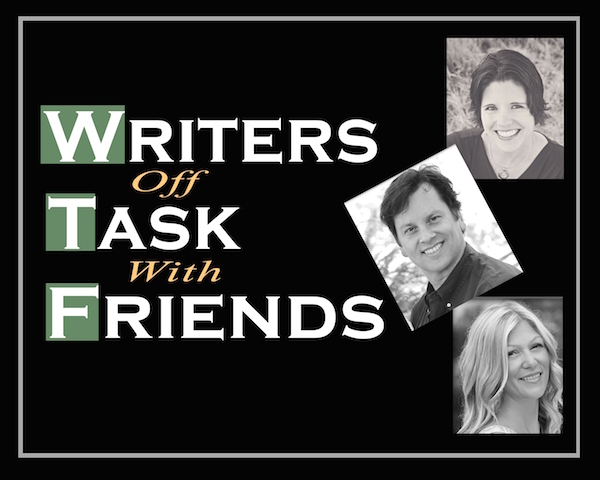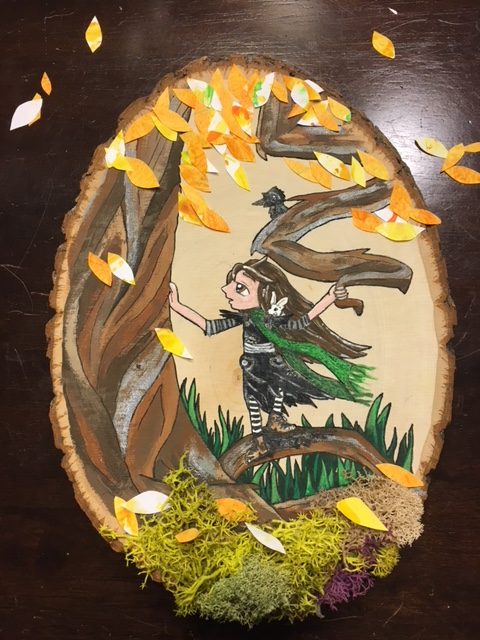
Getting a Literary Agent: Query Writing (Part Two)

Let’s get back to the submissions guidelines.
Every agency and publishing house is different. When I first started query writing, I thought that if I had the manuscript finished (a must before you start querying, unless you’re a writer of non-fiction), the query letter written (that could be catered to each separate agent or publisher), and a 1-2 page synopsis drafted, I would have all the tools I needed. I didn’t bother with an outline because I was under the impression that those were only asked for, for non-fiction manuscripts.
Once again, I was wrong.
As I started to research the agents I wanted to query, I found they would ask for a number of things that I didn’t have written up yet: an author bio, outline, and cover letter were the most common requirements. One even specified that they wanted the outline to only have one sentence per chapter. I had to write these other pieces of the submission package as they were requested because I didn’t have them ready-to-go.

This slowed down my submissions substantially. Even if I’d had some of these things written, there are agencies who want each piece to be formatted a certain way.
Go into querying with an understanding that you may need to tweak what you already have in ten different ways. The process is not as quick and straightforward as you may imagine it to be.
Go slow.
5 tips for querying:
- Read and re-read what the agency or publisher is looking for.
- Format the requested material accordingly.
- Double check the agent’s specific requirements (if different than their agency’s).
- Make sure, if they want the package pasted into the body of an email, that you aren’t sending attachments (it is more common that they will have you paste them in an email).
- Wait to put in their email address until you are ready to send it out (to avoid hitting the send button too soon).
Create an Excel spreadsheet to keep track of your submissions, or write them down somewhere you can reference. Mine includes: agent’s/publisher’s name, email address, agency name, date sent, what I sent them (synopsis, chapter one, etc), their response time (usually mentioned on their agency’s website), their response, and if they wanted more, what/when I sent them the full/partial manuscript as requested.
Keeping track of all of this information will save you a lot of time later. It is a great place to reference, to see which responses you are still waiting for. Perhaps you need to follow up with them (only if they say this is what they would like you to do).
Write everything down.
The rejections will come. I know of no author who didn’t have a rejection (or thirty) at some point. It’s okay. Revise your query if need-be, take a look at the pages you sent them and see if you can make them stronger, then keep querying.
If you are lucky enough for an agent to take the time to give you feedback, consider what they are saying. They have been in this business a long time (for many of them), and their feedback should never be overlooked. Whether you follow it or not is up to you.
If they ask for a revise and resend, it behooves you to consider it. There is something in your work that has piqued their interest enough to want to give it another look. Know that your work is something they feel would do well in today’s market. If it wasn’t, they wouldn’t have wanted another go with it.
This is a tough business to get into, but equally as rewarding! Put in the time it requires if you truly want to see your book in print. Be willing to listen. Whatever you do, keep trying. For more insight into query writing, see Query Writing: Part One.
It is only those who are willing to listen, adapt, be patient, and keep moving forward, that will make it as writers.
Do you have anything to share as far as your own query writing experience? Have you gotten rewrites and resends before from literary agents?






2 Comments
Jackie
Even for someone who isn’t a writer, this is so interesting! It makes me appreciate what writers go through to get their work published 🙂 Good luck to all the writers out there, and keep persevering!
JHWinter
Thank you, Jackie! It certainly is a long process, but at the end of it all, we get to see our work in print, and what could be better than that?